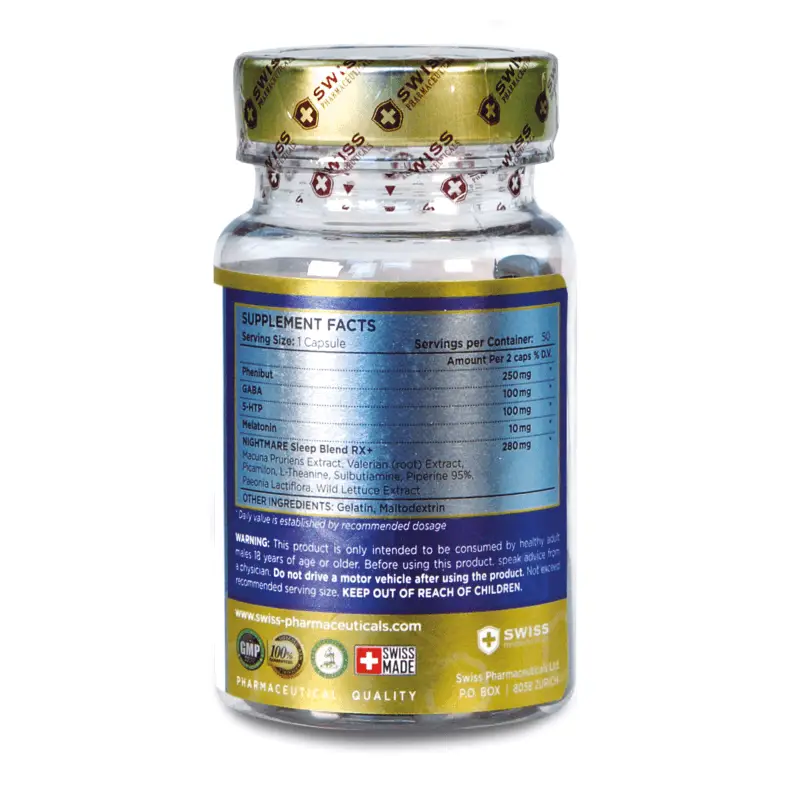- Supplements
- Fat Burners
- Pre Workout Booster
- Testo Booster
- Ephedrine HCL
- ECA stack
- Yohimbine
- Prohormones
- SARMs
- Power
- Muscle
- Accessories
- Fat loss
- Diet
- Health
- Endurance
-
Cart
-
50€+ Order = Free Shipping
*AT & DE

Manufacturers
BESTSELLER
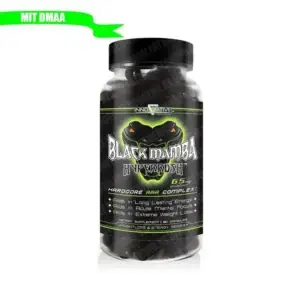
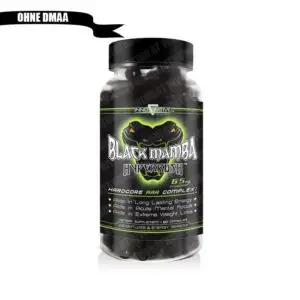






About
FATBURNERKING


Vitamins
Vitamins are essential organic compounds that the human body cannot produce itself, or only in small quantities. They must therefore be taken in through food. They are divided into fat-soluble vitamins (A, D, E, K) and water-soluble vitamins (C and B vitamins). Fat-soluble vitamins can be stored in the body, while excess water-soluble vitamins are excreted in the urine.
Showing 1-30 of 109 results




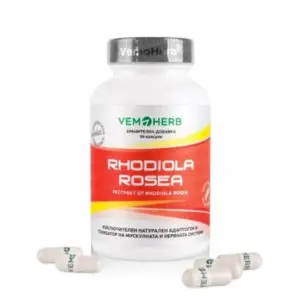
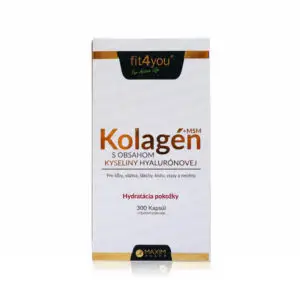
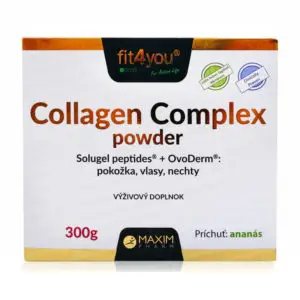


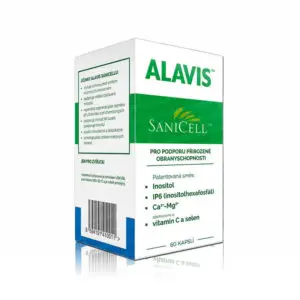
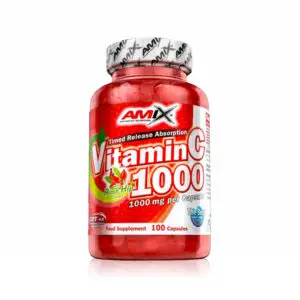

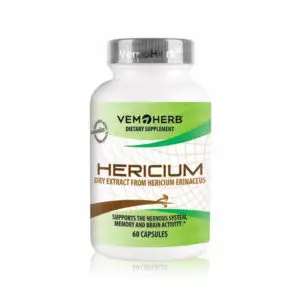


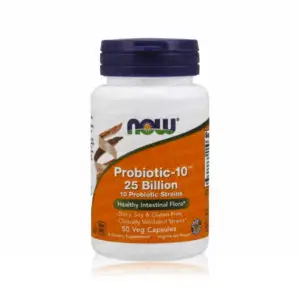
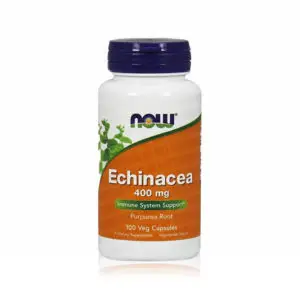
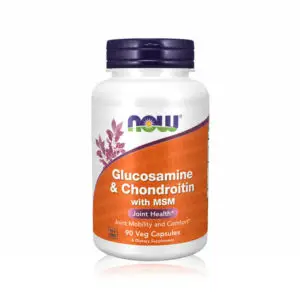
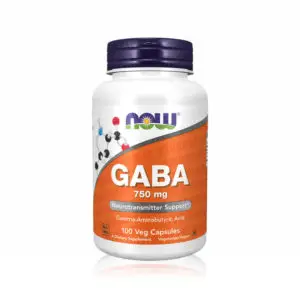
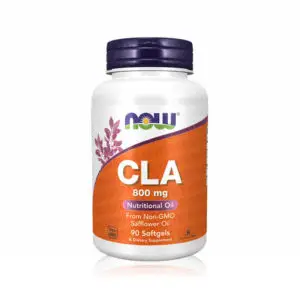
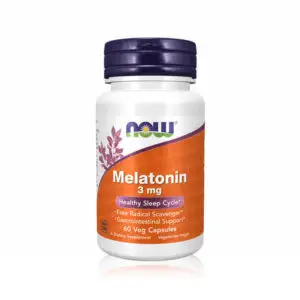
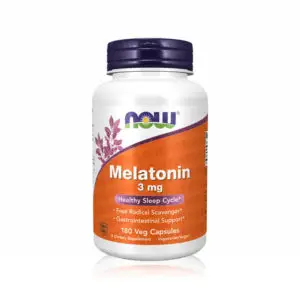

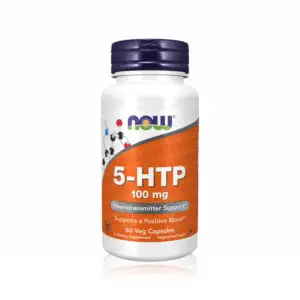
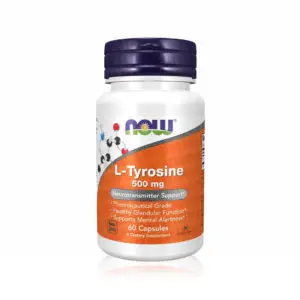

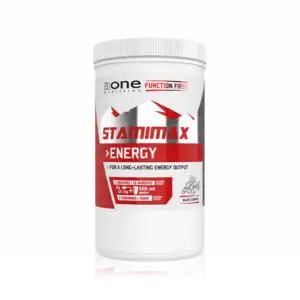

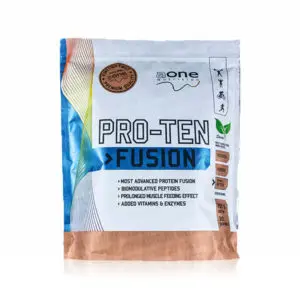
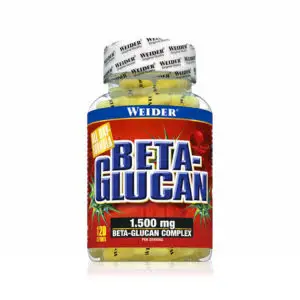
Vitamin D plays a special role, as it can be produced by the body itself in significant quantities if there is sufficient sunlight. This is also attributed to a particularly widespread deficiency in Germany, as most Germans no longer see enough sunlight. In addition to a balanced diet, it is important to make sure you get enough sunlight to cover your vitamin D requirements.
Vitamins are crucial for the regulation of metabolism and the function of enzymes. However, there are also major differences in dosage, which vary from life situation to life situation. For example, the need for certain vitamins increases during pregnancy and breastfeeding, making a vitamin-rich diet particularly important.
Here is an overview of the most important vitamins and their functions:
| Vitamin | Main function |
| Vitamin A | Maintaining healthy skin and eyes |
| Vitamin B12 | Formation of red blood cells |
| Vitamin D | Preservation of normal bone and muscle function |
| Vitamin K | Formation of blood clotting factors |
A balanced diet with fresh foods such as red peppers and high-quality products is essential to provide the body with the necessary vitamins.
Vitamins are essential organic compounds that the human body cannot produce itself, or only in small quantities. They must therefore be obtained from food. They play a crucial role in numerous biochemical processes, such as the production of energy from carbohydrates, fats and proteins.
Vitamins are divided into two groups:
Vitamins help the body to defend itself against free radicals and control important metabolic processes. A balanced diet with high-quality products on offer, including animal products and red peppers, ensures sufficient intake of these vital nutrients.
Vitamins are vital substances that are essential for the function and health of the human body. They play a crucial role in strengthening the immune system and regulating almost all metabolic processes. This essential contribution helps the body to remain efficient and viable.
A key aspect of vitamins is their importance for the formation and protection of cells, blood formation and the health of bones and teeth. Vitamins D and K in particular are important for the maintenance of normal bones and the formation of blood clotting factors.
As the human body cannot produce most vitamins itself, a regular intake through food is necessary. Various foods such as red peppers provide particularly high amounts of certain vitamins, while animal products are a natural source of vitamin B12.
Vitamins also support the formation of connective tissue and contribute to bone repair. High-quality products such as vitamin D3 + K2 products are available to cover individual requirements.
Vitamins are essential micronutrients that are divided into two main categories: fat-soluble and water-soluble vitamins. This distinction is based on the different solubility of vitamins and influences how the body processes them. While fat-soluble vitamins such as vitamins A, D, E and K can be stored in fatty tissue and the liver, water-soluble vitamins must be taken in regularly through the diet, as the body can only store small amounts of them. These differences in storage and metabolism make it important to pay attention to both the type and quantity of vitamins consumed in order to ensure a balanced and healthy diet.
Vitamins are essential organic compounds that are indispensable for the health and proper functioning of the human body. As the body cannot produce sufficient quantities of many vitamins itself, they must be obtained from food. Vitamins play a variety of roles in the body, including cell formation, protection against free radicals, blood formation and the maintenance of healthy bones. In our daily diet, very few people pay attention to an optimal vitamin supply, as this requires an all-round healthy lifestyle. Special life circumstances such as stress or pregnancy can further increase the need for certain vitamins, which can make targeted nutritional intake or supplementation necessary. The importance of the most important vitamins and their specific functions are explained in more detail below.
Vitamin A is essential for maintaining normal vision and plays a central role in the conversion of light into electrical signals in the retina. This conversion is particularly important for night vision and adapting to different light conditions. Provitamin A, known as beta-carotene, is found in many plant foods such as carrots and red peppers and is converted into vitamin A by the body. Adolescents and adults need 0.8 to 1.1 milligrams of vitamin A daily to support vision. Animal products such as liver and cheese as well as plant sources such as spinach and carrots provide sufficient vitamin A or its precursor and thus promote healthy vision.
The B vitamins are a group of water-soluble vitamins that play an essential role in energy metabolism. Vitamin B1, known as thiamine, is crucial for obtaining energy from carbohydrates and proteins. The requirement varies between 1 and 1.3 milligrams per day, depending on age and gender. In addition to thiamine, other B vitamins also play a central role in metabolism and support the nervous system and muscle function. Wholemeal products, nuts, meat, fish, eggs and dairy products are rich in these vitamins and ensure that the brain, nerves, muscles and blood function optimally.
Vitamin C, also known as ascorbic acid, is known for its significant support of the immune system, especially after intense physical exertion. It acts as a powerful antioxidant that protects cells from oxidative stress and promotes overall health. A high intake of vitamin C from foods such as oranges, currants, parsley and wild garlic can help to strengthen the immune system and ward off illness. An adequate intake of vitamin C is therefore essential for robust health and well-being.
Vitamin D plays a crucial role in bone formation by improving the absorption of calcium from food and promoting its incorporation into the bones. The body can produce vitamin D itself when exposed to sunlight, which is a practical supplement to the amount taken in through food. Foods such as fish, meat and certain mushrooms can also provide vitamin D, but are often not sufficient on their own. The best source of vitamin D is actually eggs and a good dose of sunlight. An adequate supply of vitamin D is necessary to ensure the formation and maturation of bone stem cells and to ensure the stability and strength of bones and teeth.
Vitamin E is a powerful, fat-soluble antioxidant that protects cells from free radical damage. Consisting of eight compounds, including tocopherols and tocotrienols, vitamin E can reduce the risk of diseases such as cancer and arteriosclerosis. It is found in high amounts in cold-pressed edible oils, nuts and seeds and weakens inflammatory reactions while supporting memory and the immune system. The antioxidant properties of vitamin E therefore make a decisive contribution to optimal health.
Vitamin K is important for blood clotting as it is involved in the synthesis of blood clotting factors. The daily requirement for adults is 60 to 80 micrograms. This amount can easily be covered by consuming just five grams of sauerkraut. Vitamin K occurs in two main forms:
While K1 is mainly found in green leafy vegetables such as spinach and broccoli, K2 is partly produced in the human intestine. In addition to blood clotting, vitamin K is also important for maintaining healthy bones and muscles.
Folic acid, or vitamin B9, plays a crucial role in cell growth and cell division. A lack of folic acid can have serious consequences, especially during pregnancy, such as the development of spina bifida in the fetus. Together with vitamin B12, folic acid is important for DNA synthesis. Pregnant women have an increased folic acid requirement in order to prevent malformations in the unborn child. The German Nutrition Society recommends that women who wish to have children take 400 micrograms of folic acid daily in the form of food supplements to ensure an adequate supply.
Provitamins are precursors of vitamins that first have to be converted into active vitamins in the body in order to fulfill their biological function. A well-known example of this is beta-carotene, which is transformed into vitamin A in the body. This conversion is crucial for supporting healthy eyes and skin.
Many vitamins are found in food in the form of provitamins. However, they remain ineffective until they are converted in the body. A major advantage of provitamins is that they promote the bioavailable form of vitamins in the body, which supports an optimal supply of nutrients.
However, it is important to note that the daily vitamin requirement cannot always be covered by the conversion of provitamins. A balanced diet is therefore crucial in order to obtain the necessary vitamins in sufficient quantities and to support the maintenance of normal bodily functions.
Vitamin deficiency can be caused by various factors that impair the absorption and availability of vitamins in the body. Chronic diseases such as Crohn's disease, cystic fibrosis and prolonged diarrhea can make the absorption of fat-soluble vitamins such as A, D, E and K considerably more difficult. Malabsorption disorders and pancreatic diseases can also hinder the absorption of nutrients in the intestine, leading to a vitamin deficiency. Certain life situations, such as pregnancy, breastfeeding and intensive sporting activity, also increase the need for vitamins and promote a deficiency if there is insufficient intake. Symptoms of a vitamin deficiency can be non-specific and often include fatigue, irritability and an increased susceptibility to infections. A balanced diet is therefore essential to ensure sufficient amounts of vitamins and prevent deficiency symptoms.
A healthy immune system needs a variety of vitamins to function effectively. Especially in the colder months, many people turn to supplements such as vitamin C, D3 and zinc to support the immune system and prevent colds. Vitamin C is known for its role in strengthening the immune system by boosting the body's defenses during and after intense physical activity. B vitamins are also crucial for supporting the immune system, as they are also involved in energy metabolism and the nervous system. In times of increased physical or mental stress, high-dose vitamins can be a useful supplement to maintain immune function. Combined multivitamin supplements are a practical solution to ensure that the body receives all the necessary nutrients.
Vitamins are indispensable catalysts in metabolism and in the release of energy from nutrients such as carbohydrates, fats and proteins. They work by promoting the formation of hormones, enzymes and blood cells, which are essential for key metabolic functions. In the utilization of food, vitamins play a key role in controlling complex biochemical processes that are necessary for the development and function of bones, muscles and teeth. They also regulate metabolism and are often part of enzymes that control chemical reactions in the body. An inadequate intake of essential vitamins can therefore lead to considerable disturbances in energy utilization and the overall metabolic balance, which has a negative impact on general health and well-being. A balanced intake of these vital micronutrients is therefore of crucial importance.
A vitamin deficiency can have serious health consequences and is often caused by factors such as chronic gastrointestinal diseases, alcohol dependency or unbalanced eating habits. In addition, special life circumstances such as pregnancy, breastfeeding or increased stress can lead to an increased need for vitamins. In certain cases, vitamin deficiencies are also caused by diseases that impair fat absorption, as this increases the risk of a deficiency of fat-soluble vitamins such as A, D, E and K. In order to prevent vitamin deficiencies, targeted nutritional supplementation can be particularly useful in situations where, for example, a lack of sun exposure leads to a vitamin D deficiency. Particularly with a vegan diet, it is important to ensure that vitamin B12 is supplied in sufficient quantities through supplements.
Vitamins are essential for maintaining good health and must largely be obtained from the diet, as the human body cannot produce them in sufficient quantities itself. One exception is vitamin D3, which is synthesized by the skin with sufficient sun exposure. Nevertheless, it is important to know specific food sources for various vitamins. Vitamin C strengthens the immune system and is abundant in citrus fruits, currants and fruit juices. Vitamin B12, which is crucial for the formation of red blood cells and nerve function, is mainly found in animal products such as fish, meat and eggs. Vegans should therefore make sure they take suitable supplements. Plant-based foods such as fruit, vegetables and cereals are important sources of many vitamins, as these are produced by plants and microorganisms.
Supplements play an important role if the intake of vitamins cannot be adequately covered by the daily diet. The individual vitamins can be taken in the form of food supplements to avoid explicit deficiency symptoms.
In Germany, for example, there is now a daily recommendation, which in some cases can only be achieved through dietary supplements. One example of this is vitamin D, which is only found in higher concentrations in eggs and can be produced by the body through exposure of the skin to sunlight.
Meat eaters do not usually need additional B vitamins, but vegans do. Vegans are generally deficient in certain vitamins such as B vitamins, iron, iodine and other minerals.
Athletes, for example, generally have a higher vitamin requirement, but especially minerals such as magnesium and zinc, as these are excreted through sweating. Electrolytes are also very important during strenuous training sessions.
For people who generally have a low vitamin intake, there are also multivitamin supplements that contain the recommended daily amount of all vitamins, minerals and trace elements.
The need for vitamins can increase considerably in various life situations. Each phase of life places certain demands on the body, which should be supported with an adapted nutrient intake. These include moments of high stress, such as sporting activities, emotional stress or special life circumstances such as pregnancy. Unbalanced eating habits or certain medications can also increase vitamin requirements. A balanced diet is essential to ensure an adequate supply of vitamins. In some cases, however, supplementation may be necessary to support health and well-being.
Adolescents and older people have specific nutritional requirements that often include an increased need for vitamins. During the growth phase of puberty, adolescents need additional nutrients to support their physical development. They are particularly at risk of a lack of important vitamins due to unbalanced eating habits, often caused by the consumption of fast food.
Vitamin D is a critical component for many older people, as a deficiency is common despite a varied diet. The vitamin balance of people in this age group can also be impaired by chronic gastrointestinal complaints or the use of certain medications. A balanced diet consisting of three quarters plant-based and one quarter animal-based products supports an adequate vitamin supply.
Pregnant women are often faced with the challenge of meeting their increased nutritional requirements in order to safeguard both their own health and that of the growing fetus. Folic acid is essential during this time as it plays a central role in the synthesis of red blood cells, DNA and the development of the fetus' nervous system. The need for folic acid increases during pregnancy and it is recommended to take 600 micrograms daily.
In addition, an increase in the requirement for other vitamins such as vitamins A, B1, B2, B6 and C is necessary during pregnancy. The total vitamin requirement can increase by at least 30 percent during this time. A balanced and vitamin-rich diet is therefore crucial to promote the best possible development of the foetus and to cover the increased need for vitamins and minerals.
Stress and unhealthy lifestyle habits can have a significant impact on vitamin requirements. Emotional or physical stress leads to an increased consumption of vitamins, especially those with an antioxidant effect such as vitamin C. These vitamins help to mitigate the damage caused by stress. It is also recommended to take B vitamins in order to cope better with stressful phases.
Smoking significantly increases the need for antioxidant vitamins as it contributes to the production of free radicals in the body. This increased need can be compensated for by an appropriate intake of vitamin C. For example, OPC grape seed extract helps smokers very well. The situation is similar with high alcohol consumption, which also leads to an increased vitamin requirement. It is therefore important to ensure a sufficient vitamin intake, especially in these situations.
© copyright 2018-2025 Fatburnerking.at
| Cookie | Duration | Description |
|---|---|---|
| cookielawinfo-checkbox-advertisement | 1 year | This cookie is set by the GDPR Cookie Consent Plugin and is used to record the user's consent for the cookies in the "Advertising" category. |
| cookielawinfo-checkbox-analytics | 11 months | This cookie is set by GDPR Cookie. The cookie is used to store user consent for cookies in the "Analytics" category. |
| cookielawinfo-checkbox-functional | 11 months | The cookie is set based on the consent of the GDPR cookies to record the user's consent for cookies in the "Functional" category. |
| cookielawinfo-checkbox-necessary | 11 months | This cookie is set by GDPR Cookie. Cookies are used to store the user's consent to the storage of cookies in the "Necessary" category. |
| cookielawinfo-checkbox-others | 11 months | This cookie is set by GDPR Cookie. The cookie is used to store the user's consent for cookies in the "Other" category. |
| cookielawinfo-checkbox-performance | 11 months | This cookie is set by GDPR Cookie. The cookie is used to store user consent for cookies in the "Performance" category. |
| CookieLawInfoConsent | 1 year | Records the default button status of the corresponding category and the status of CCPA. It only works in coordination with the primary cookie. |
| elementor | never | This cookie is used by the website's WordPress theme. It allows the website owner to implement or change the content of the website in real time. |
| viewed_cookie_policy | 11 months | The cookie is set by the GDPR cookie and is used to store whether the user has consented to the use of cookies or not. It does not store any personal data. |
| Cookie | Duration | Description |
|---|---|---|
| ssupp.vid | 6 months | Cookie set by Smartsupp to record the visitor ID. |
| ssupp.visits | 6 months | Cookie set by Smartsupp to record the number of previous visits, necessary to track automatic messages. |
| Cookie | Duration | Description |
|---|---|---|
| _ga | 2 years | The _ga cookie installed by Google Analytics calculates visitor, session and campaign data and also tracks website usage for the website analytics report. The cookie stores information anonymously and assigns a randomly generated number to identify unique visitors. |
| _gat_gtag_UA_179465762_1 | 1 minute | Set by Google to distinguish users. |
| _gid | 1 day | The _gid cookie installed by Google Analytics stores information about how visitors use a website and at the same time creates an analytics report about the website's performance. Some of the data collected includes the number of visitors, their source and the pages they visit anonymously. |
| tk_ai | 5 years | JetPack sets this cookie to store a randomly generated anonymous ID that is only used in the administration area and for general analytics tracking. |
| tk_lr | 1 year | The tk_lr is a referral cookie set by the JetPack plug-in on websites using WooCommerce that analyses referral behaviour for Jetpack. |
| tk_or | 5 years | The tk_or is a referral cookie set by the JetPack plug-in on websites using WooCommerce that analyses referral behaviour for Jetpack. |
| tk_qs | 30 minutes | JetPack sets this cookie to store a randomly generated anonymous ID that is only used in the administration area and for general analytics tracking. |
| tk_r3d | 3 days | JetPack installs this cookie to collect internal metrics for user activity to improve the user experience. |
| tk_tc | Session | JetPack sets this cookie to record details of how users use the website. |
| Cookie | Duration | Description |
|---|---|---|
| _fbp | 3 months | This cookie is set by Facebook to display ads after visiting the website, either on Facebook or on a digital platform powered by Facebook Ads. |
| fr | 3 months | Facebook sets this cookie to display relevant ads to users by tracking user behaviour on the web, on websites with Facebook Pixel or Facebook Social Plug-in. |
| Cookie | Duration | Description |
|---|---|---|
| cookies.js | Session | No description available. |
| weglot_wp_rocket_cache | Session | No description |
